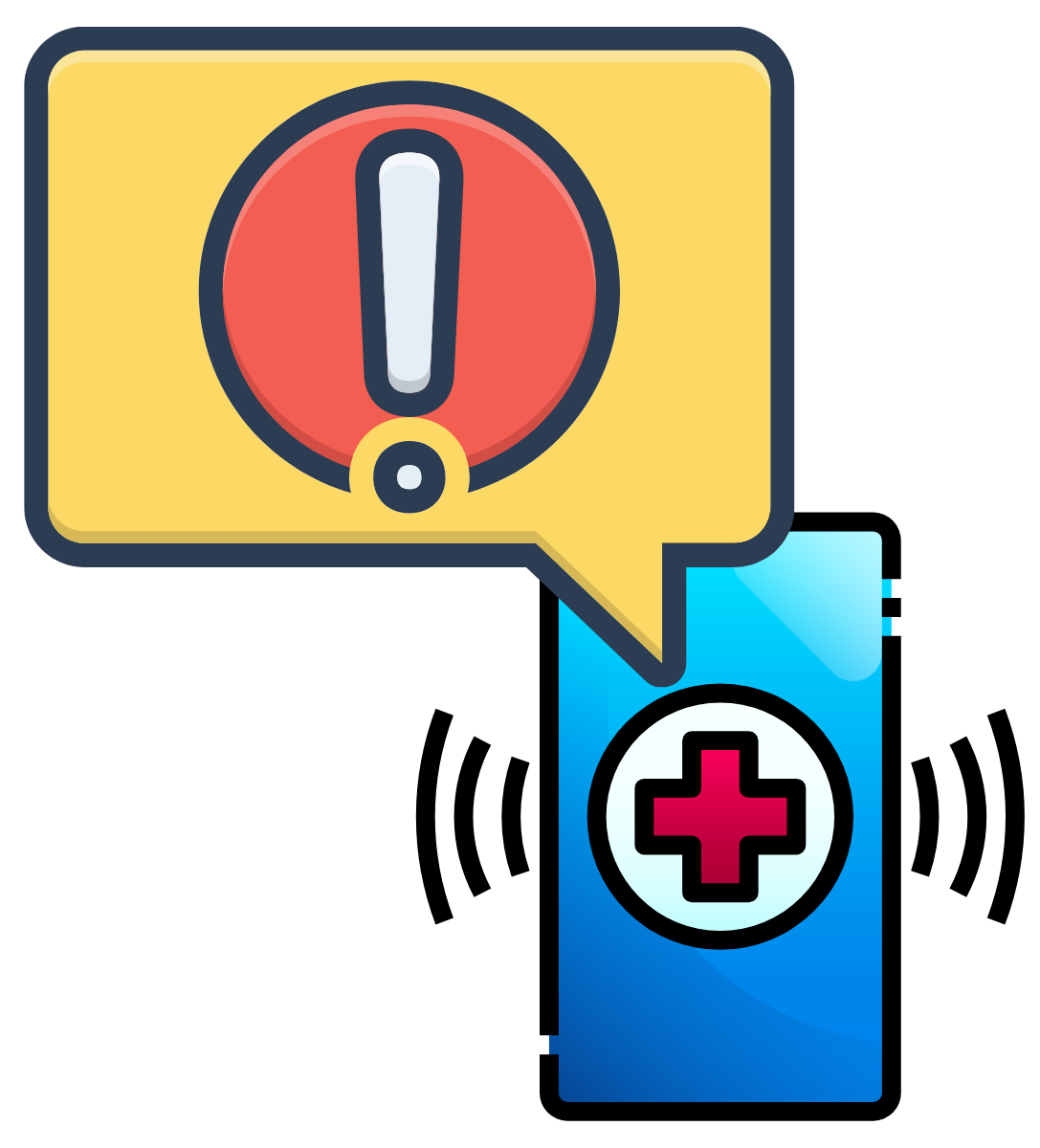
In order to ensure the continuity of animal care, Study Teams must report adverse events.
What is an Adverse Event?
An adverse event is an unexpected incident that leads to a significant injury or illness, unrelieved pain or distress, or the death of an animal and/or human. Adverse events MUST be reported to the Animal Care & Use Office (ACUO).
What is an Expected Adverse Consequence?
Expected adverse consequences are outcomes (clinical, physiological, and/or behavioral signs of pain or distress) of individual procedures and/or research models (e.g., genetic modifications) that are expected to cause more than momentary pain or distress but are not at the threshold for euthanasia.
The action(s) taken when adverse consequences are reached can vary; animals may require intervention, medical treatment, euthanasia, and/or removal from the study. Expected adverse consequences must be described in the protocol, but do NOT need to be reported to the ACUO.
Regardless of the situation, always contact veterinary staff when clinical issues impacting animal health arise.
Examples of adverse events include, but are not limited to:
- A cohort of animals dies during an experiment due to equipment or power failure;
- An animal’s indwelling catheter is dislodged and the animal, or animals, is injured or dies;
- A cohort of animals experiences unexpected and/or higher than expected morbidity or mortality following a procedure;
- An animal dies or requires treatment or euthanasia due to human error (e.g., a blood vessel or organ is inadvertently damaged during a procedure, or the incorrect amount of substance is administered resulting in harm).
Why Should I Report an Adverse Event?

Adverse events can be a one-time occurrence or indicative of broader programmatic concerns. Reporting these events safeguards animal welfare and potential research outcomes, and contributes to our collective goal of optimizing animal care and use at the University of Michigan.
Resolutions to adverse events may include:
- A change to a specific procedure OR to programmatic policies/standard operating procedures to avoid recurrence
- Revisions or amendments to the IACUC approved protocol to include new humane endpoints or proactive mechanisms for newly-learned anticipated consequences
- Re-training
Please use the following to help guide your reporting:
If…
Report to:
Immediate care is needed for an animal and/or the incident relates to husbandry or clinical care of animals
Veterinary care staff. Refer to the specific contact information posted on the animal housing room door (see also Obtaining Veterinary Care).
Veterinary care can be requested:
- During normal business hours (Monday – Friday, 6:00 AM – 5:00 PM) by calling ULAM Veterinary Technicians at (734) 936-1037
- After hours (Monday – Friday, 5:00 PM – 6:00 AM) by calling DPSS at (734) 763-1131
- Weekends and holidays by calling the on-site Veterinary Technician at (734) 936-1037. If the Veterinary Technician cannot be reached, contact DPSS at (734) 763-1131
No immediate intervention is needed
Email the ACUO (acuoffice@umich.edu) and include the following information:
- The IACUC protocol number(s) and species
- The nature of the event (briefly describe what occurred)
Anonymous reporting is necessary
Use the Animal Concern Hotline (animal.umich.edu/hotline)
Questions?
Questions about reporting adverse events should be directed to the Animal Care & Use Office at (734) 763-8028 or acuoffice@umich.edu.